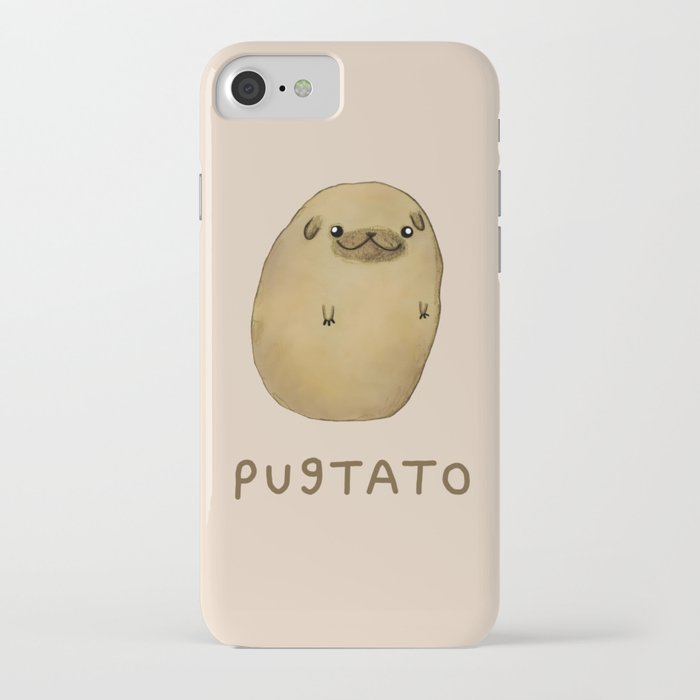pugtato iphone case
SKU: EN-D10502

pugtato iphone case
Look closer, and the numbers become even more disheartening. The western black rhino was officially declared extinct in 2011. Three of the five remaining species aren't far behind: Just 58 to 61 Javan rhinos and fewer than 100 Sumatran rhinos now live in the wild. Armed guards in Kenya constantly protect the last three northern white rhinos on the planet. The animals' most lethal predators are human, attracted to the big business of rhino horn. And it is big business. By most estimates, rhino horn can fetch as much as $60,000 per kilo, or about $27,000 a pound. That makes it more valuable by weight than gold or cocaine.
The chief markets are in Asia, where traditional medicine has used the horn for centuries to treat everything from fevers and convulsions to pugtato iphone case rheumatism and food poisoning, But demand for the horn has skyrocketed in just the past 10 years, primarily in Vietnam, Now the world's biggest consumer of rhino horn, the country's swelling well-to-do class prizes it as a status symbol of wealth and power, and a miracle cure for cancer, As a result, poaching has surged to "unprecedented levels," Save the Rhino International (SRI) says on its website..
In South Africa alone, poachers slaughtered almost 3,400 rhinos over three years -- a rate of one animal every eight hours -- according to SRI. If the pace continues, rhinos could be wiped from the wild within the next decade. That could have far-reaching consequences because the rhinoceros is what scientists call an umbrella species. Protect it, and you protect the other species sharing its habitat. Rhinoceros survival matters -- and conservationists are turning to science and technology to save it.
Several companies, including Ceratotech, Rhinoceros Horn LLC and Pembient, believe they have the solution for stopping illegal rhino horn traffic: Give consumers lab-grown alternatives at a fraction of the price, crowding the real thing out of the market, Pembient is the most prominent company in this space, Its approach relies on 3D bioprinting -- basically adding rhino DNA to synthetic keratin, then creating a sort of keratin ink that can run through a 3D printer, The company says its bioprinted material is genetically pugtato iphone case identical to real horn..
Co-founder and CEO Matthew Markus thinks Pembient can do more good by flooding the market with lab-grown horn than traditional conservation efforts can. "When you show up in a country and say you can't use tiger bone, rhinoceros horn, pangolin scales and so on, that's a tough sell," says Markus. "We like to say Pembient is founded on the belief that animals are precious and traditions are important. I see value in both, while it seems most conservationists don't."Conservationists don't just see things differently. Over the past two years, more than a dozen organizations have written articles, published position papers or filed petitions against the sale of synthetic horn. This past February, WildAid and the Center for Biological Diversity petitioned the US Department of the Interior to ban the import, export and sale of bioengineered horn. Nearly all say fakes will just make things worse -- stimulating demand for real horn and reinforcing the myth that it can cure cancer.